Lesley Lokko reviews 2024's wins, shifts, tensions and opportunities for 2025
Lesley Lokko, the British-Ghanaian architect, educator, curator, and founder and director of the African Futures Institute (AFI), has been an inspirational presence in architecture in 2024; which makes her perfectly placed to discuss the year, marking the 2025 Wallpaper* Design Awards
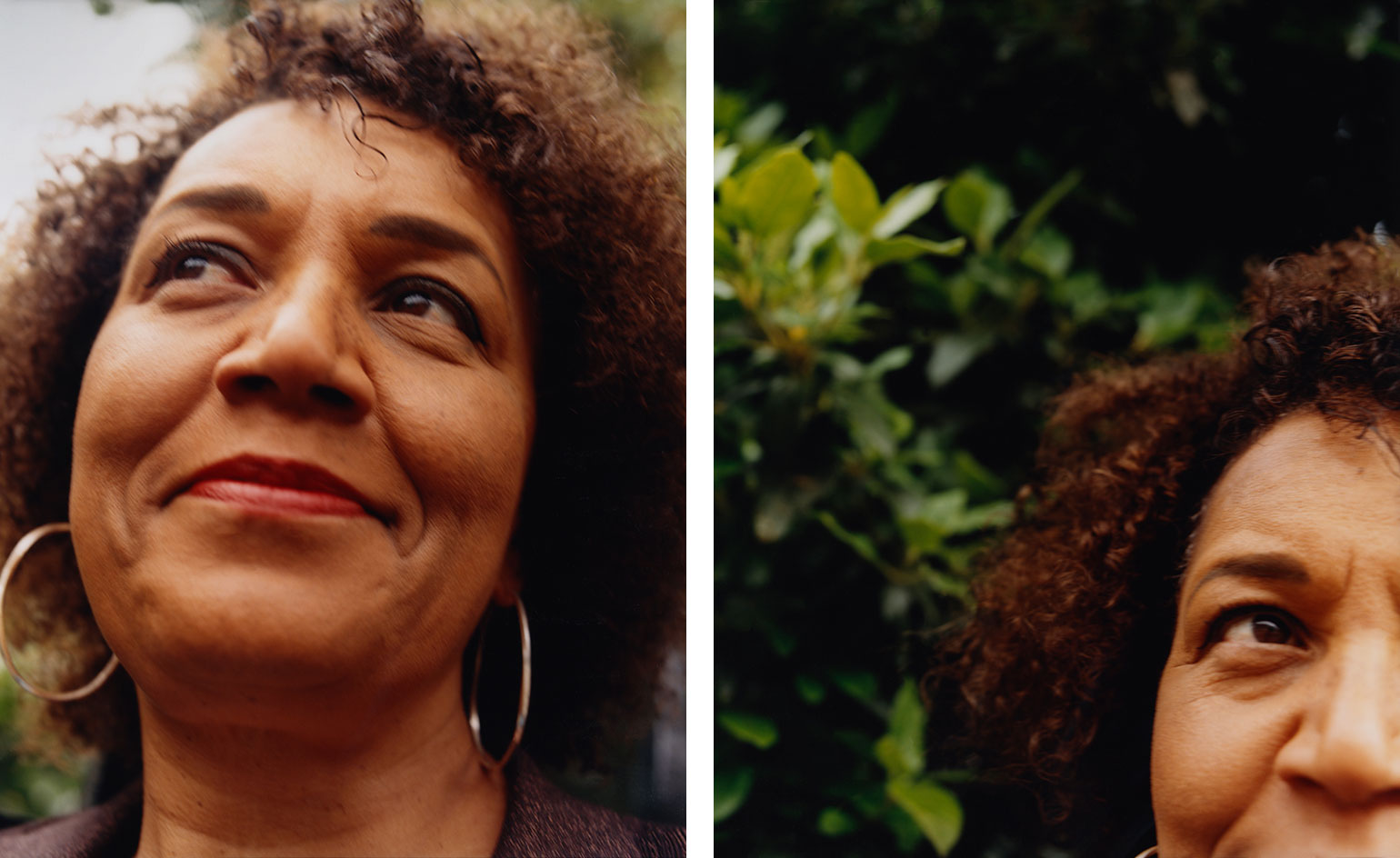
What do awards mean? In the last couple of years, I've been on a lot of juries. I’ve come to realise that it’s getting harder and harder to judge fairly, partly because contexts vary so radically. To be truly cognizant of other contexts, especially when thinking about representation and equity, you have to go deeper than what a building looks like or what its function is or how it was procured. Increasingly, I'm finding the competitive angle of competitions, awards and prizes quite difficult to assess and I have a feeling that that's also reflected in Gen Z’s approach. That aspect of continuously pitting people against each other is somehow at odds with their ethos. At the same time, though, I've had some really interesting conversations around the point of awards and juries and I think people do understand that the cultural capital that you get from an award or a prize is invaluable.

Lesley Lokko with the RIBA Gold Medal, awarded to her in spring 2024
Lesley Lokko: reflecting on the past year
Reflecting on what’s been changing in the past year, it’s strange to be talking about that today [Lokko’s interview took place on the day of the USA elections, 5 November 2024]. Although I bristle at the idea that what happens in the United States is more important than anywhere else, their elections are on everyone’s mind at the moment. I sent an email this morning to somebody in the States and I said, ‘I wish you a peaceful week’ and I don't know that I would ever have thought that would be a phrase I would say about America.
When I was growing up in the 60s and 70s, adults often used to refer to something called ‘peacetime’, which of understood as having something to do with the fact that there’d been two world wars in relative proximity to one another, which grandparents and parents had lived through. I understood my generation (and by implication, subsequent generations) was a so-called lucky generation because we were born in, and lived in, this ‘thing’ called ‘peacetime’, heightened for those of us from Africa by the independence movements that began in the late 50s and more or less ended in the late 60s, with a couple of exceptions. So, in terms of the grand ideas about freedom and peace, in the environment I lived in at least, the hard work seemingly was done.
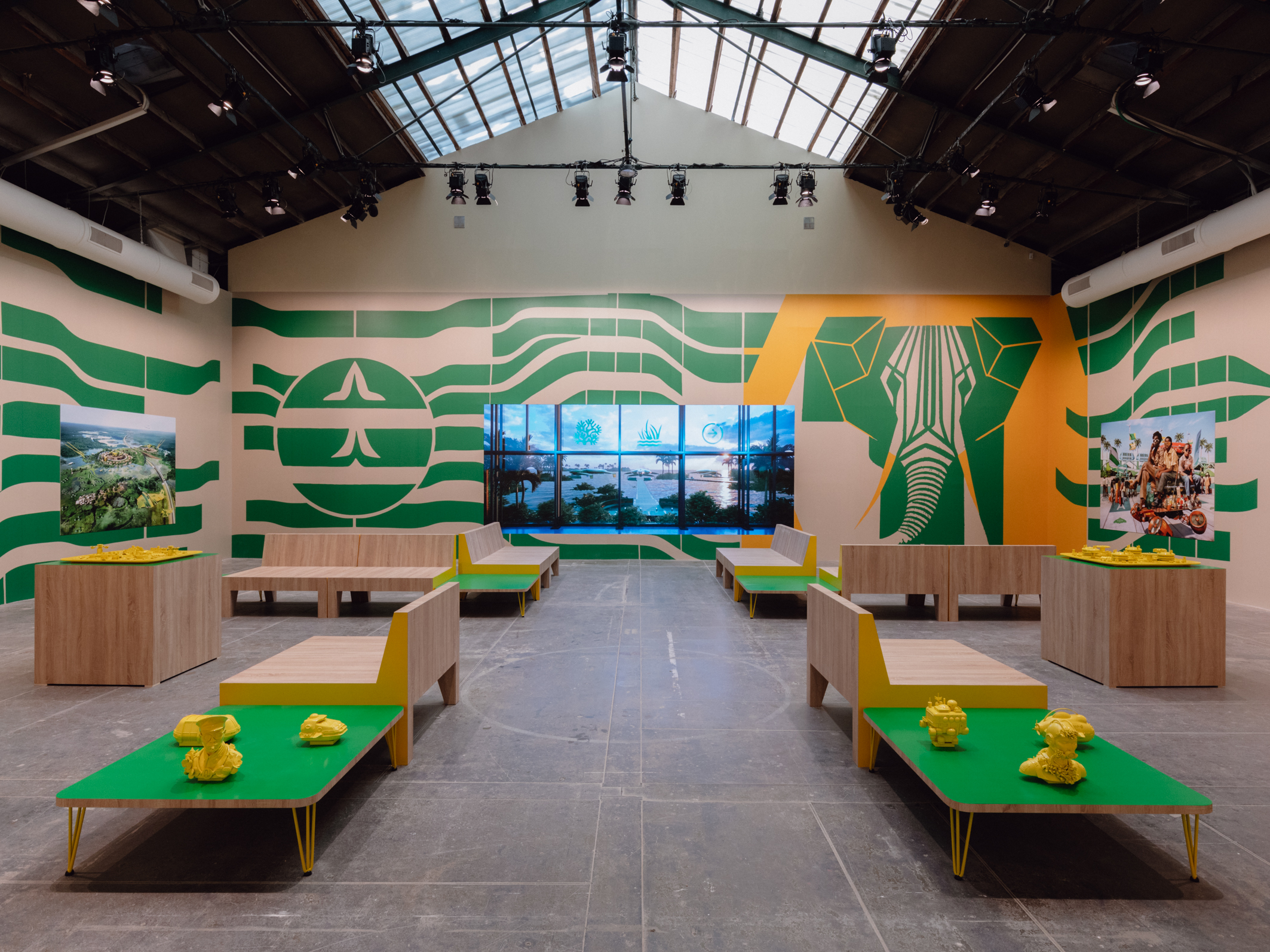
Olalekan Jeyifous ACE/AAP at Venice Architecture Biennale 2023, which Lokko curated
Nowadays, the idea of a global ‘peacetime’ seems almost quaint. I see how younger generations are far more able to connect the dots across multiple and often contradictory fields — environment, extraction, occupation, and exploitation. I would say that’s been the biggest change in the last decade, accelerated by the events and audiences I’ve been involved with in the past couple of years. And bombs falling on your head is an incredibly visceral way to understand trouble, but it's not the only kind of instability.
I remember vividly the day Mandela was released. I was in London, in my first year at the Bartlett [School for Architecture, where Lokko graduated with her first degree]. I rang my father who was working in Saudi Arabia at the time and he was having a party with his fellow surgeons at the hospital where they worked. We were both crying with happiness, although neither of us is South African. I got on the 73 bus from Marble Arch to UCL and the bus conductor waived my ticket, saying it was a great day for Black people all over the world. That same sense of pride and joy was evident in the Giardini in Venice last year, and at the RIBA in May at the celebration party [for the Royal Gold Medal]. All three were goosebumps moments that were collective, not personal, and so much more powerful for it.
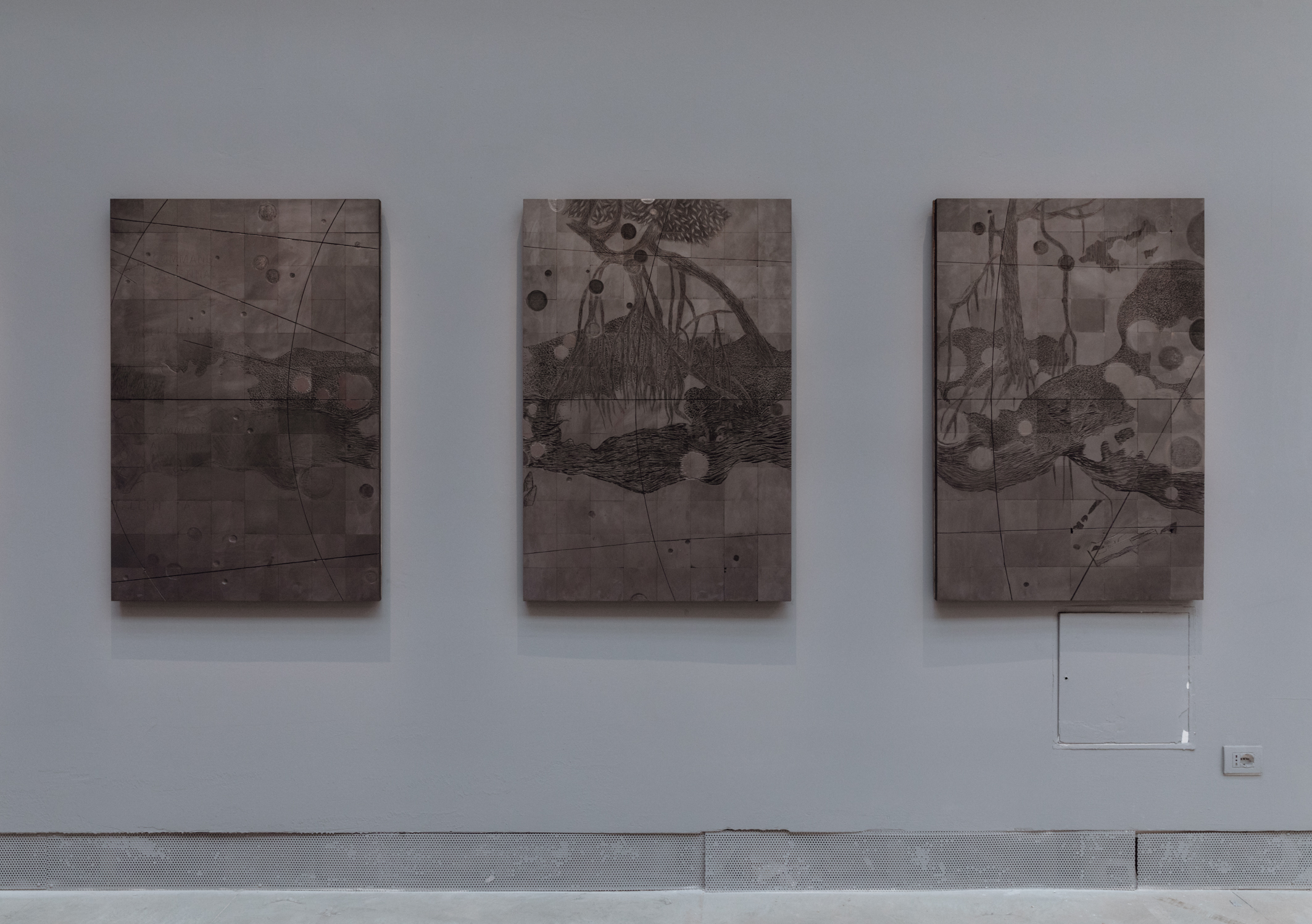
Thandi Loewenson's The Uhuru Catalogues at Venice Architecture Biennale 2023
The one thing that's been really at the forefront of my mind throughout 2024 is a new sense of confidence amongst a younger generation of architects, academics and practitioners. It was really brought home to me at the tail end of the Biennale, in its last week in November 2023. The atmosphere, the joy, the sense of achievement…it was palpable. I have a friend who is half English, half Nigerian, who was in Venice at the same time. She's got curly hair, but we don't look alike at all. During that last week, people kept asking her for a selfie, mistaking her for me. With Venice, it felt as though our epistemological equity grew exponentially. There was a collective pride in having brought new and different perspectives to the table that had nothing to do with charity or tolerance, but everything to do with excellence. Although we don’t often think of knowledge in the same way we think of climate, environmental or social justice, knowledge equity is vital. Learning to see and act differently with and in the world seems to be the only long-term hope for change.
Values change, language changes, perspectives change . . . there were so many questions in Venice that focused on ‘is this architecture?’, which seems to me to be the wrong question. ‘How is this architectural?’ is much more interesting, opening oneself up to the idea that terminology can be expansive and fluid, rather than fixed. As a general rule, I do believe that the more voices we hear, the more ways we have of seeing things, the richer the world is. It's not about replacing knowledge; it's about adding to it. The question of equitable knowledge is very interesting to me — as an educator, knowledge is my material, my ‘thing.’
Receive our daily digest of inspiration, escapism and design stories from around the world direct to your inbox.
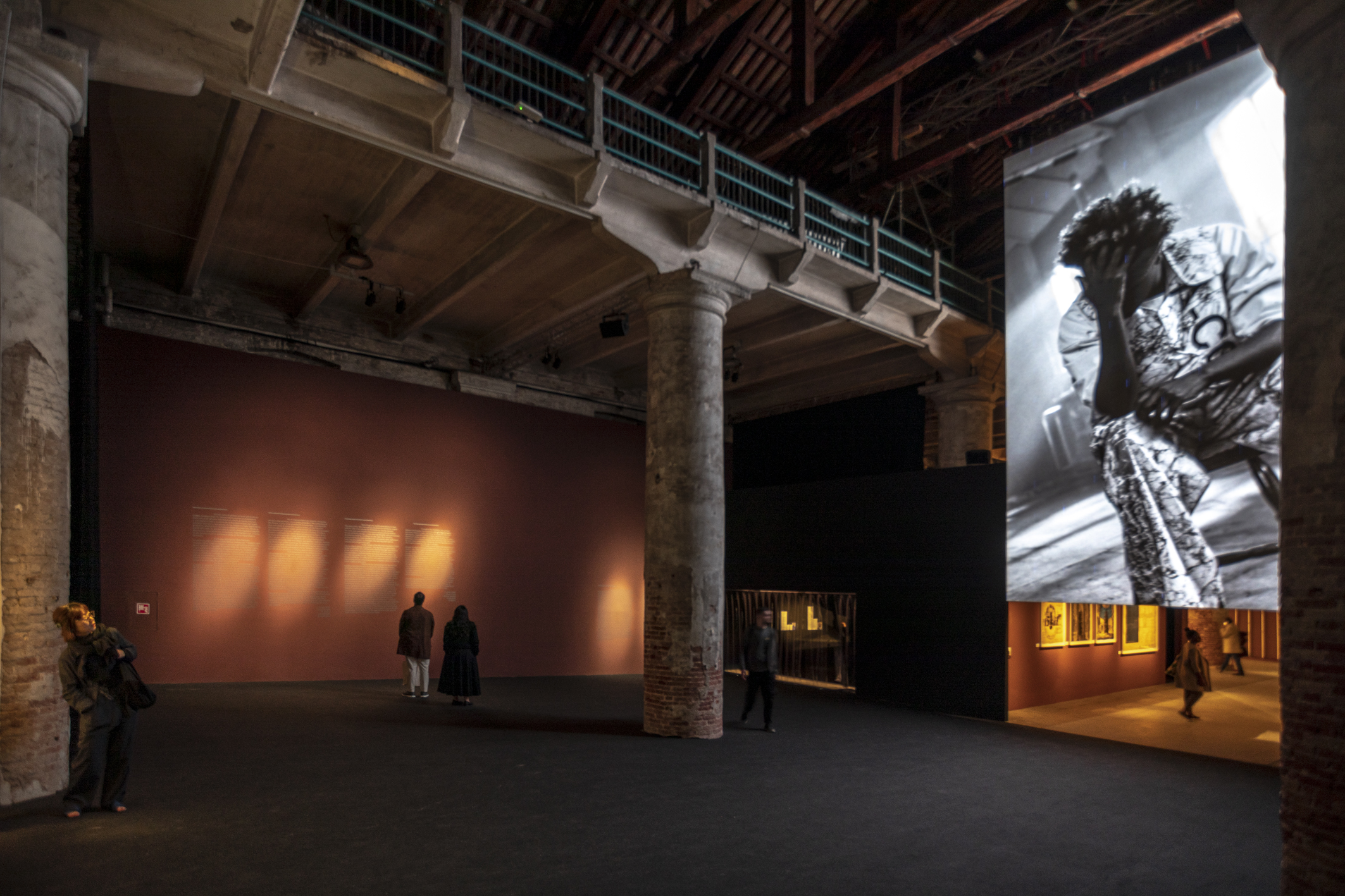
Rhael ‘LionHeart’ Cape's 'Those With Walls for Windows', the opening installation at Venice Architecture Biennale 2023
What is not yet 100% clear to me is how this energy, optimism and self-confidence can be translated into actual projects, not just buildings. That's still an open-ended question. There's a part of architecture that still relies on a client commissioning an interesting or innovative project — we can’t escape that hard edge. Who commissions, who pays, who develops? In that context, more than ever, it’s down to other forms of architectural culture — education, journalism, publishing and exhibitions — to keep that optimism alive. In that context, the word ‘platform’ has been at the back of my mind now for a good 18 months. A platform is a structure that allows other people to climb aboard and fashion a space or moment in which to rest. I’m seeing that happen more and more.
Newer, younger, ‘other’ voices are bursting onto the scene and there’s a generosity in the cultural zeitgeist that I find really inspiring. I’m contacted every other day by young, highly educated, highly motivated young women whose voices are now being sought, who’re looking for advice or mentorship or guidance. There are new territories coming into our orbit that have historically been considered off-limits or too marginal to count. Social media gives people a platform and access that didn’t exist ten years ago, although I do think the relationship between social media and cultural capital (not financial or popularity capital) hasn’t been fully explored or exploited.
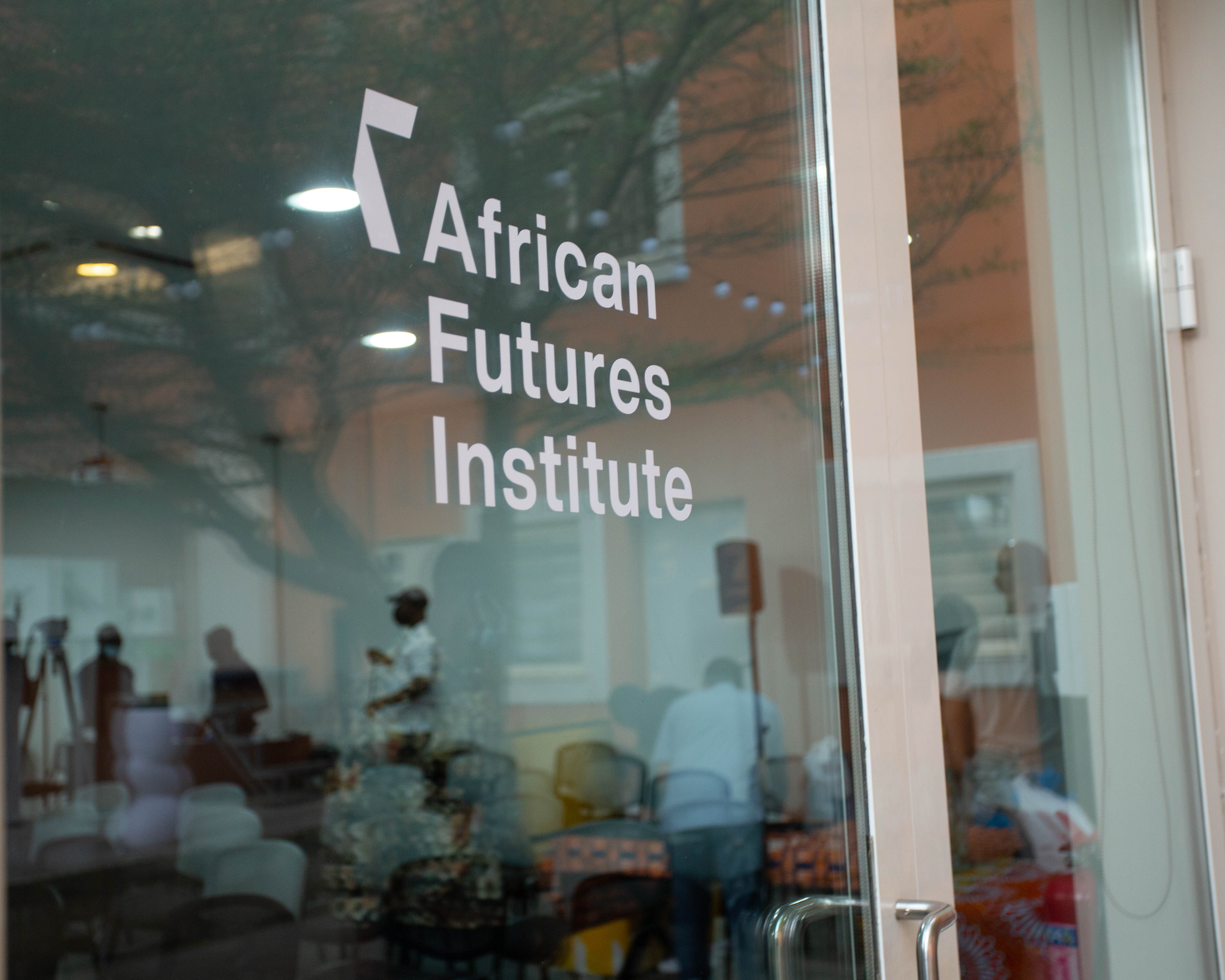
African Futures Institute
If you ask me what is no longer relevant, I think binaries hold far less sway than they once did. Binary thinking, along with aggression and arrogance, should be firmly left behind. You can see it in the more nuanced ways people are beginning to describe themselves: male/female; black/white; queer/straight . . . they seem at odds with our times.
There’s still confusion and uncertainty about what to replace those certainties with, but there’s no question that we’re firmly in an era of experimentation. It can sometimes feel threatening — in spite of our protestations, human beings are usually uncomfortable with too much change — but I see this desire to question our assumptions as a positive thing. And it extends far beyond the personal — binaries like North/South; developed/underdeveloped. Every time I hear that word, the ‘developing’ world, it makes me insane, like, developing into what? Our vocabularies no longer seem sufficient for our circumstances. I always remember somebody saying to me that if you can't articulate it, you can’t imagine it.
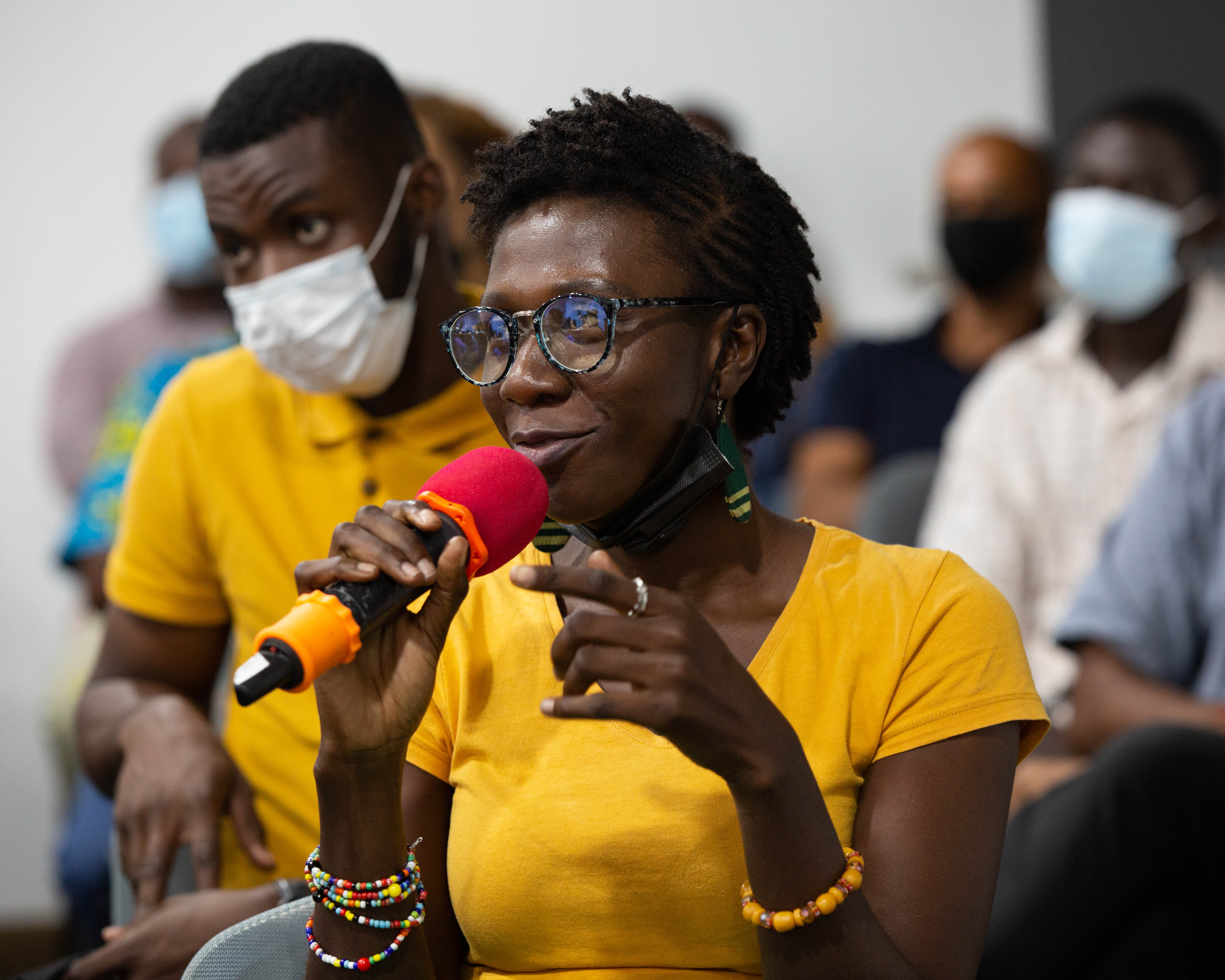
Event at the African Futures Institute
Looking ahead, I have a novel to finish and an institute to build which are at opposite ends of my ambition spectrum. I would say the African Futures Institute (AFI) is one to watch for the next year, particularly our new Nomadic African Studio which kicks off next year. There are so many new ‘voices’ that I’m following or watching, too many to name-check here. In other areas to look out for and explore, Latin America and South America are phenomenally rich places to watch, even though they might have a whole set of other issues. The number of armed policemen walking around Mexico City [during a recent visit there] was shocking to me. But there was an energy there, a relationship between politics and the urban environment that I haven't seen anywhere else. An institute that comes up a lot on my feed is the London Interdisciplinary School (LIS): I find what they do really interesting.
I’m hoping architectural education will seize the moment, especially in my part of the world, and be bold enough to propose credible and creative alternatives for students who, for different reasons, struggle to find existing models relevant.
And on a different register completely, there’s a pair of stiletto boots from Berlin-based Aeyde that I’ve been coveting for a couple of months, assuming my knees will hold out long enough to actually wear them.
With a widely acclaimed Venice Architecture Biennale and a RIBA Royal Gold Medal under her belt, Lesley Lokko has been an inspirational presence in architecture. The British-Ghanaian architect, educator, curator, and founder is also the director of the African Futures Institute (AFI) in Accra, Ghana.
-
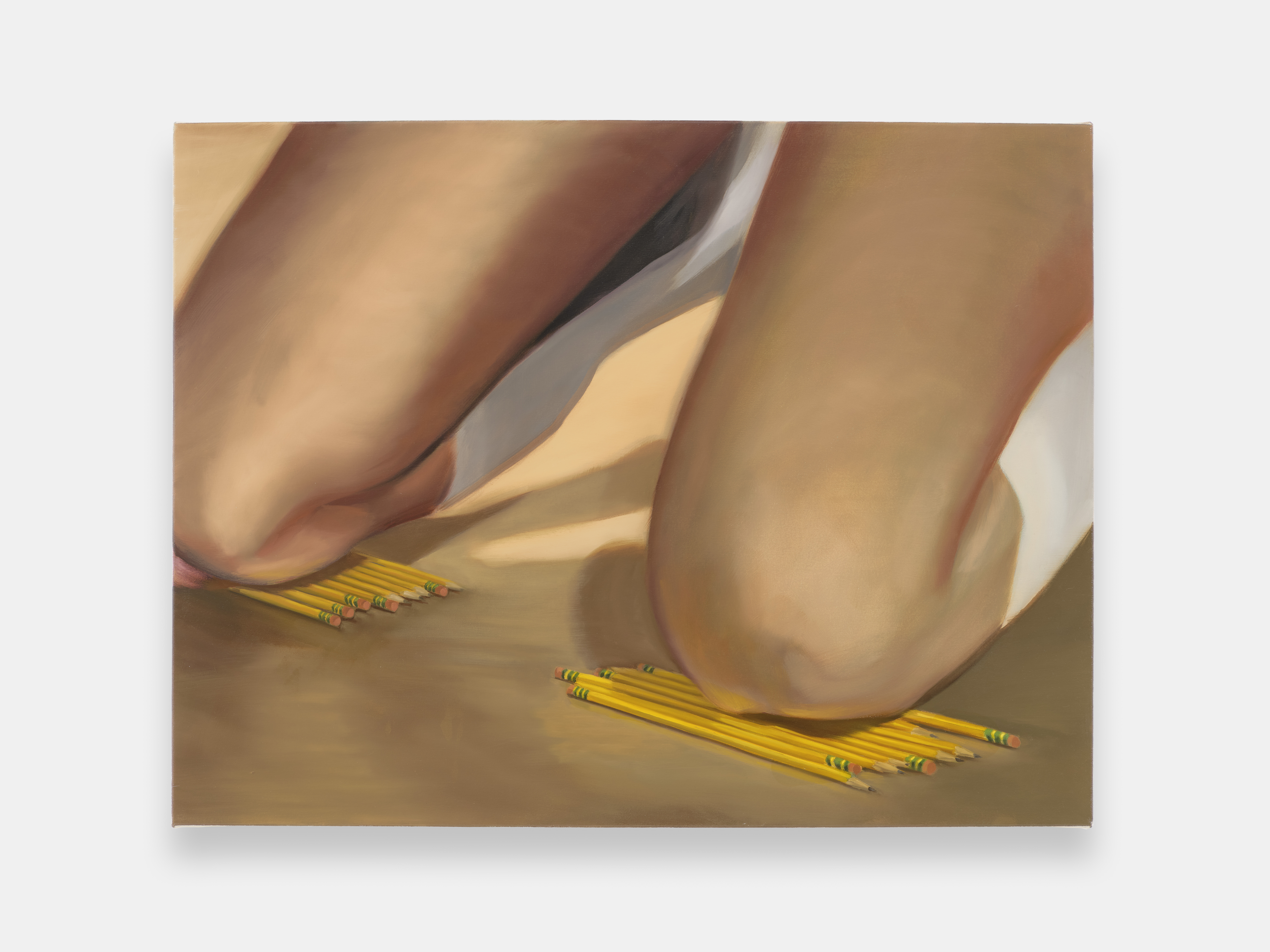 ‘I want to bring anxiety to the surface': Shannon Cartier Lucy on her unsettling works
‘I want to bring anxiety to the surface': Shannon Cartier Lucy on her unsettling worksIn an exhibition at Soft Opening, London, Shannon Cartier Lucy revisits childhood memories
-
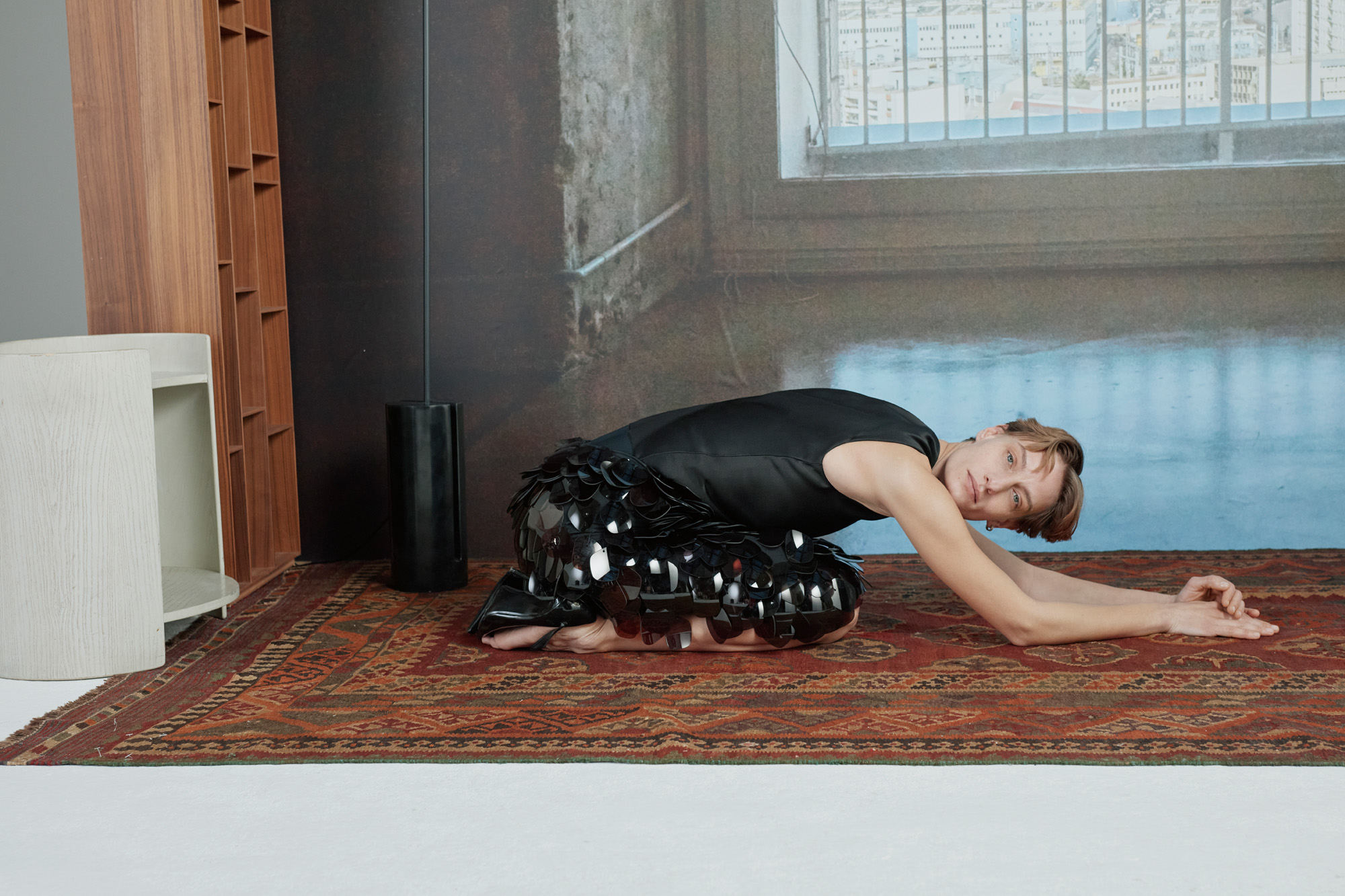 What one writer learnt in 2025 through exploring the ‘intimate, familiar’ wardrobes of ten friends
What one writer learnt in 2025 through exploring the ‘intimate, familiar’ wardrobes of ten friendsInspired by artist Sophie Calle, Colleen Kelsey’s ‘Wearing It Out’ sees the writer ask ten friends to tell the stories behind their most precious garments – from a wedding dress ordered on a whim to a pair of Prada Mary Janes
-
 Year in review: 2025’s top ten cars chosen by transport editor Jonathan Bell
Year in review: 2025’s top ten cars chosen by transport editor Jonathan BellWhat were our chosen conveyances in 2025? These ten cars impressed, either through their look and feel, style, sophistication or all-round practicality
-
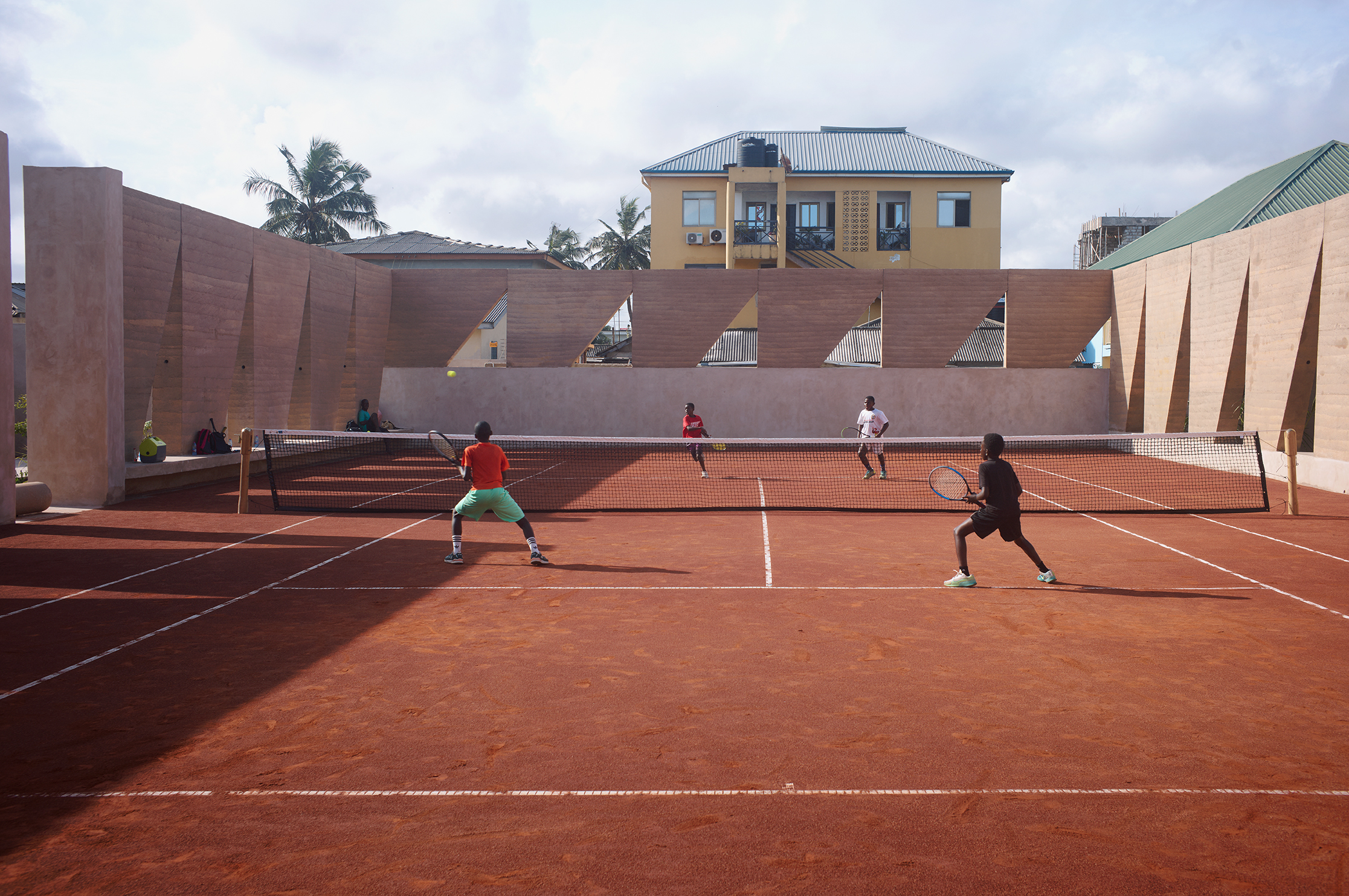 Backyard Community Club is Accra’s newest tennis court, and the architects played an ace
Backyard Community Club is Accra’s newest tennis court, and the architects played an aceCreated by DeRoche Projects, Backyard Community Club is a brand-new tennis court and a valuable, sustainable, public recreational facility in Ghana’s capital
-
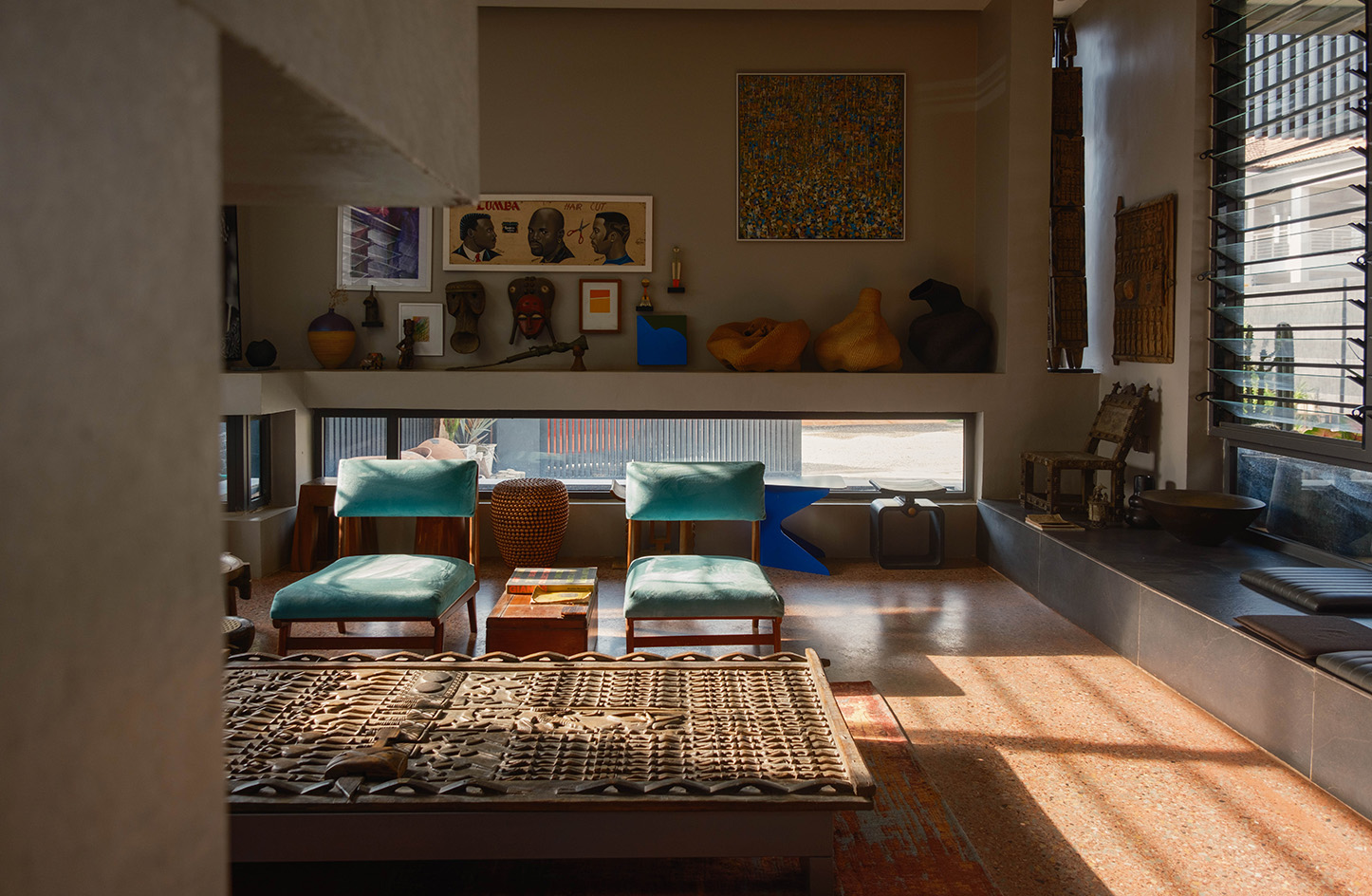 On a tight urban plot in Accra, an architect's striking home
On a tight urban plot in Accra, an architect's striking homeAn architect’s home in Accra, Ghana, packs a punch on a tight urban plot; welcome to Compact House by Alice Asafu-Adjaye
-
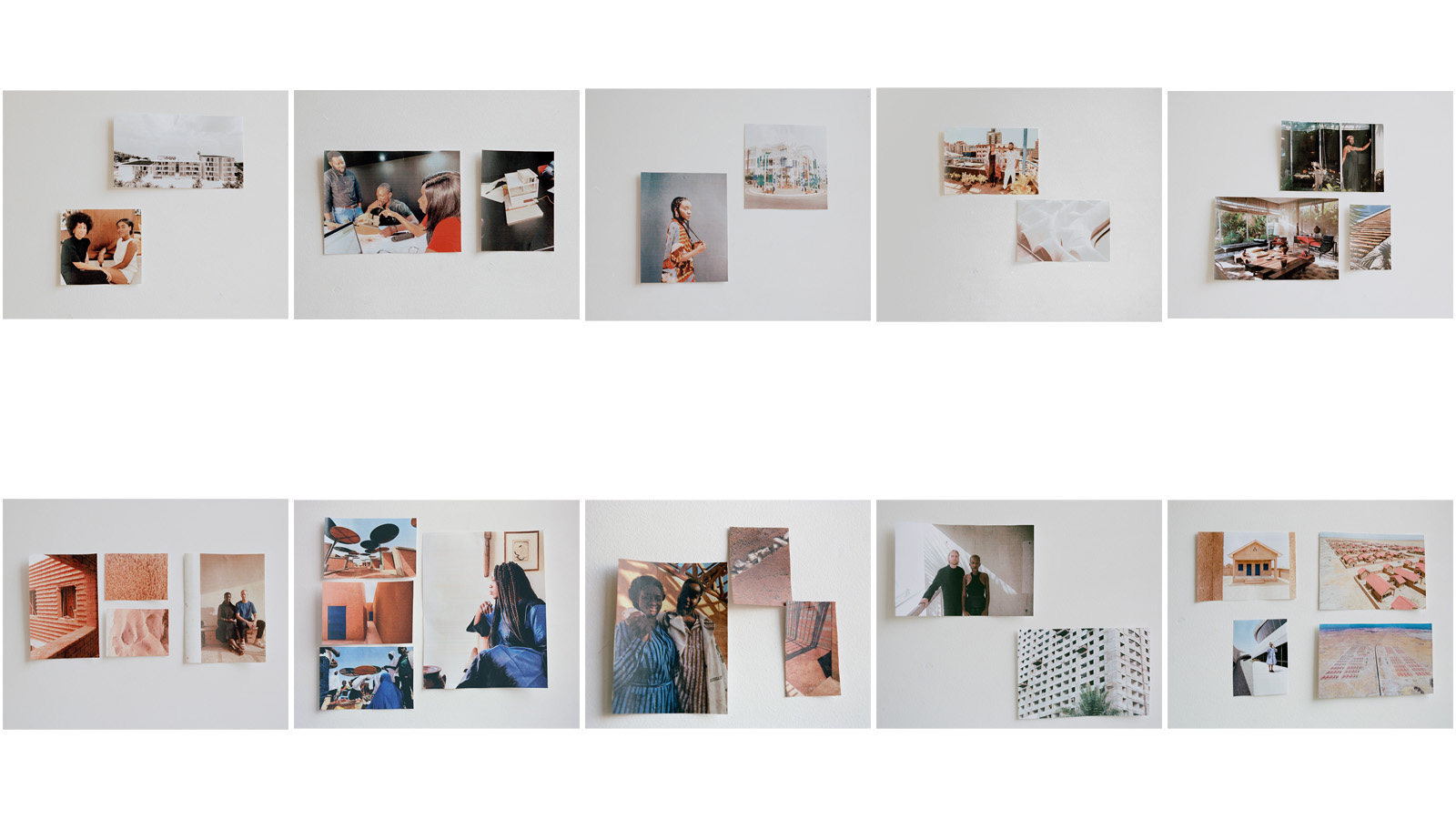 The 10 emerging West African architects changing the world
The 10 emerging West African architects changing the worldWe found the most exciting emerging West African architects and spatial designers; here are the top ten studios from the region revolutionising the spatial design field
-
 Architect Sou Fujimoto explains how the ‘idea of the forest’ is central to everything
Architect Sou Fujimoto explains how the ‘idea of the forest’ is central to everythingSou Fujimoto has been masterminding the upcoming Expo 2025 Osaka for the past five years, as the site’s design producer. To mark the 2025 Wallpaper* Design Awards, the Japanese architect talks to us about 2024, the year ahead, and materiality, nature, diversity and technological advances
-
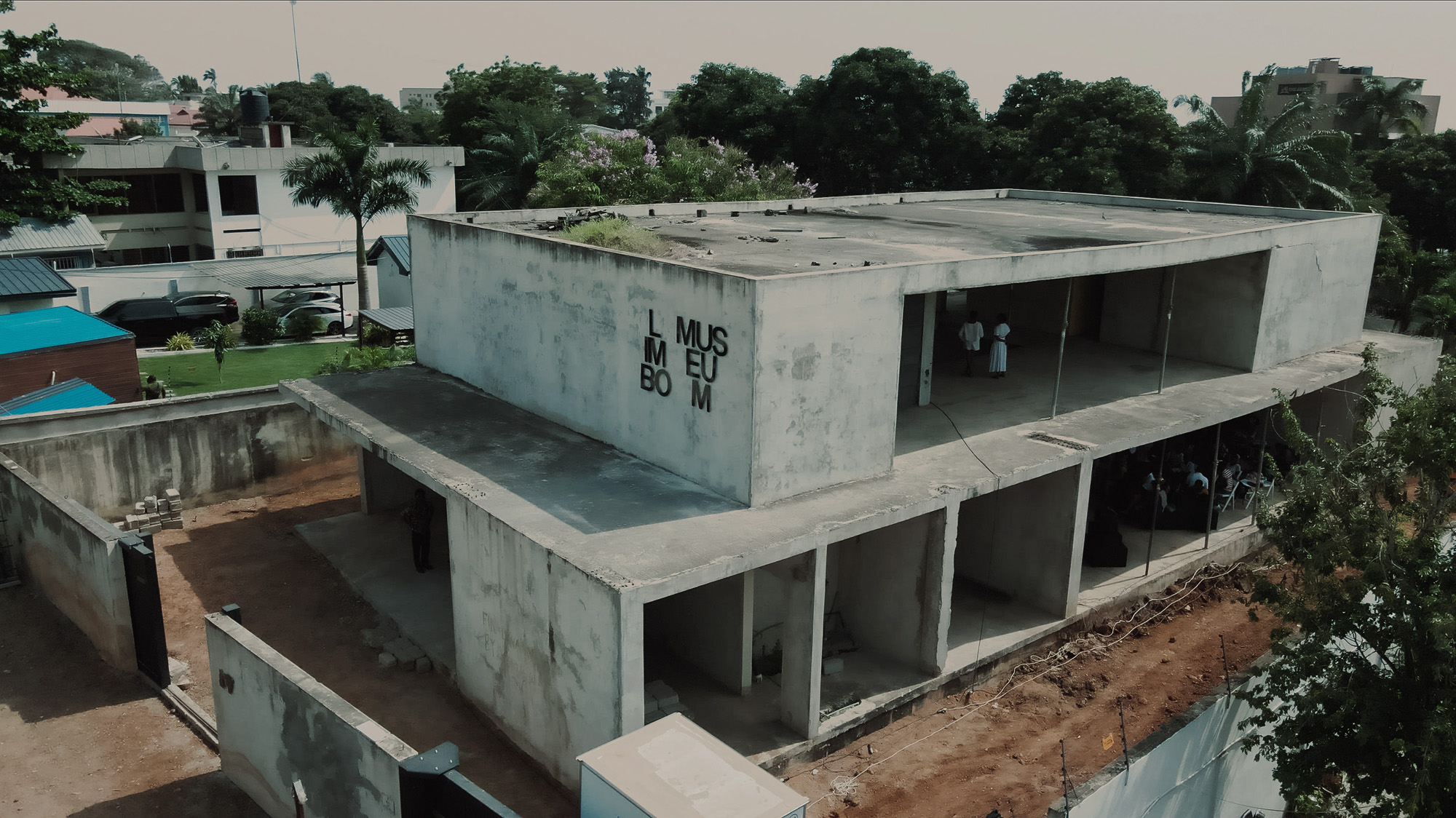 Limbo Museum: celebrating the architectural legacy of ‘unfinished business’
Limbo Museum: celebrating the architectural legacy of ‘unfinished business’We’re won over by Limbo Museum and the work of Limbo Accra, which is bringing new life to abandoned buildings across West Africa, and wins a Wallpaper* Design Award 2025
-
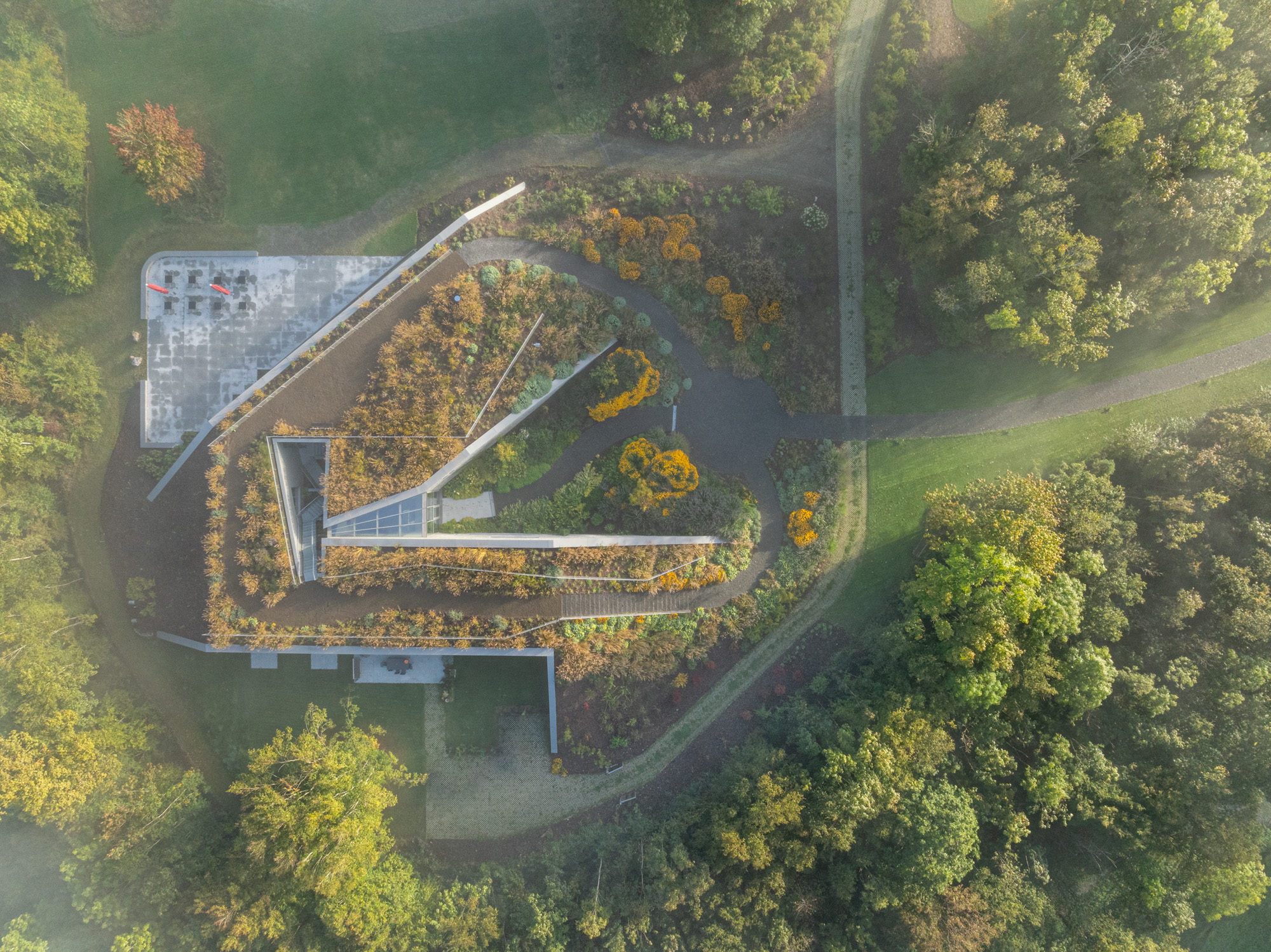 Tour Marche Arboretum, a new 'museum' of plants in Belgium
Tour Marche Arboretum, a new 'museum' of plants in BelgiumMarche Arboretum is a joyful new green space in Belgium, dedicated to nature and science – and a Wallpaper* Design Award 2025 winner
-
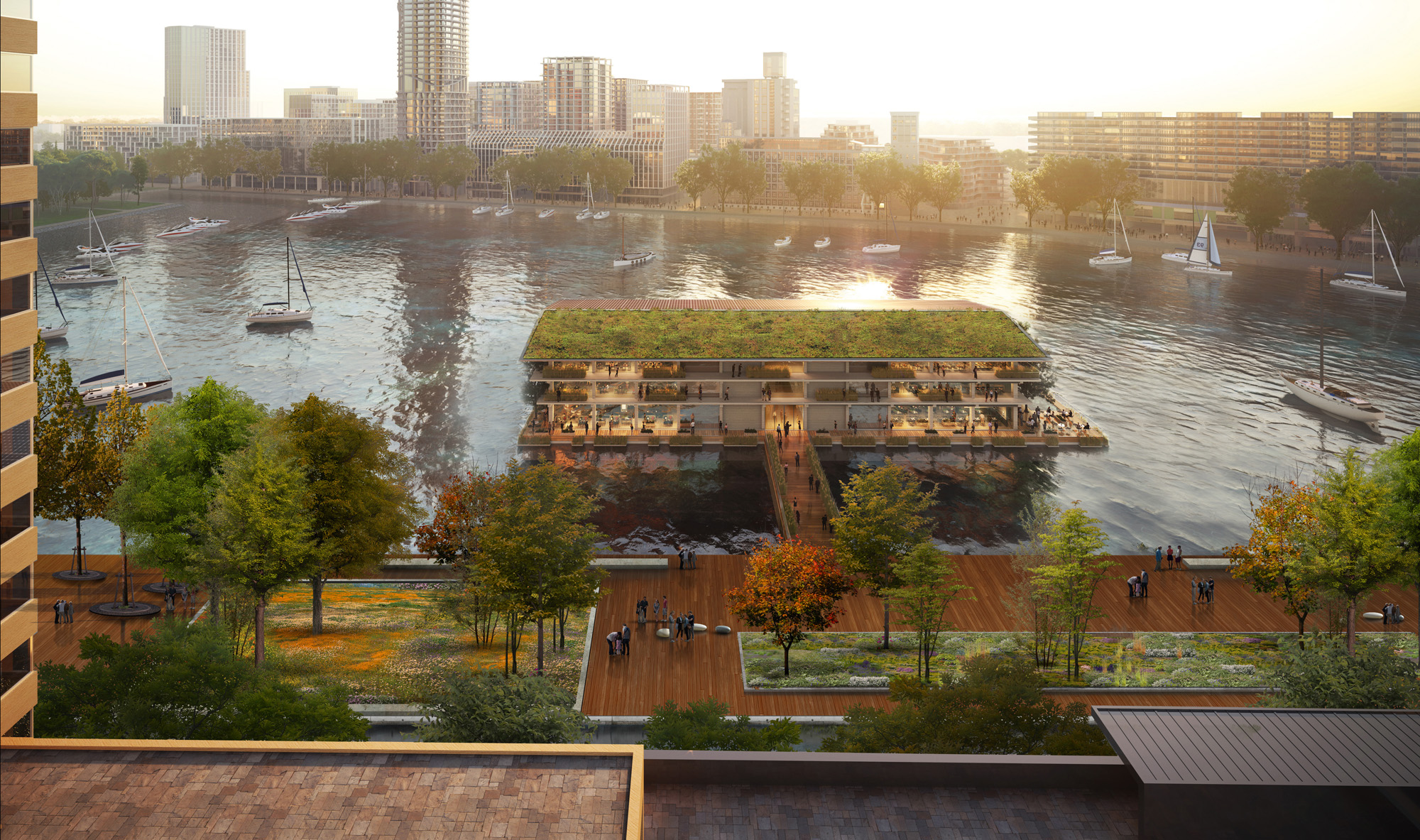 Rotterdam’s urban rethink makes it the city of 2025
Rotterdam’s urban rethink makes it the city of 2025We travel to Rotterdam, honoured in the Wallpaper* Design Awards 2025, and look at the urban action the Dutch city is taking to future-proof its environment for people and nature
-
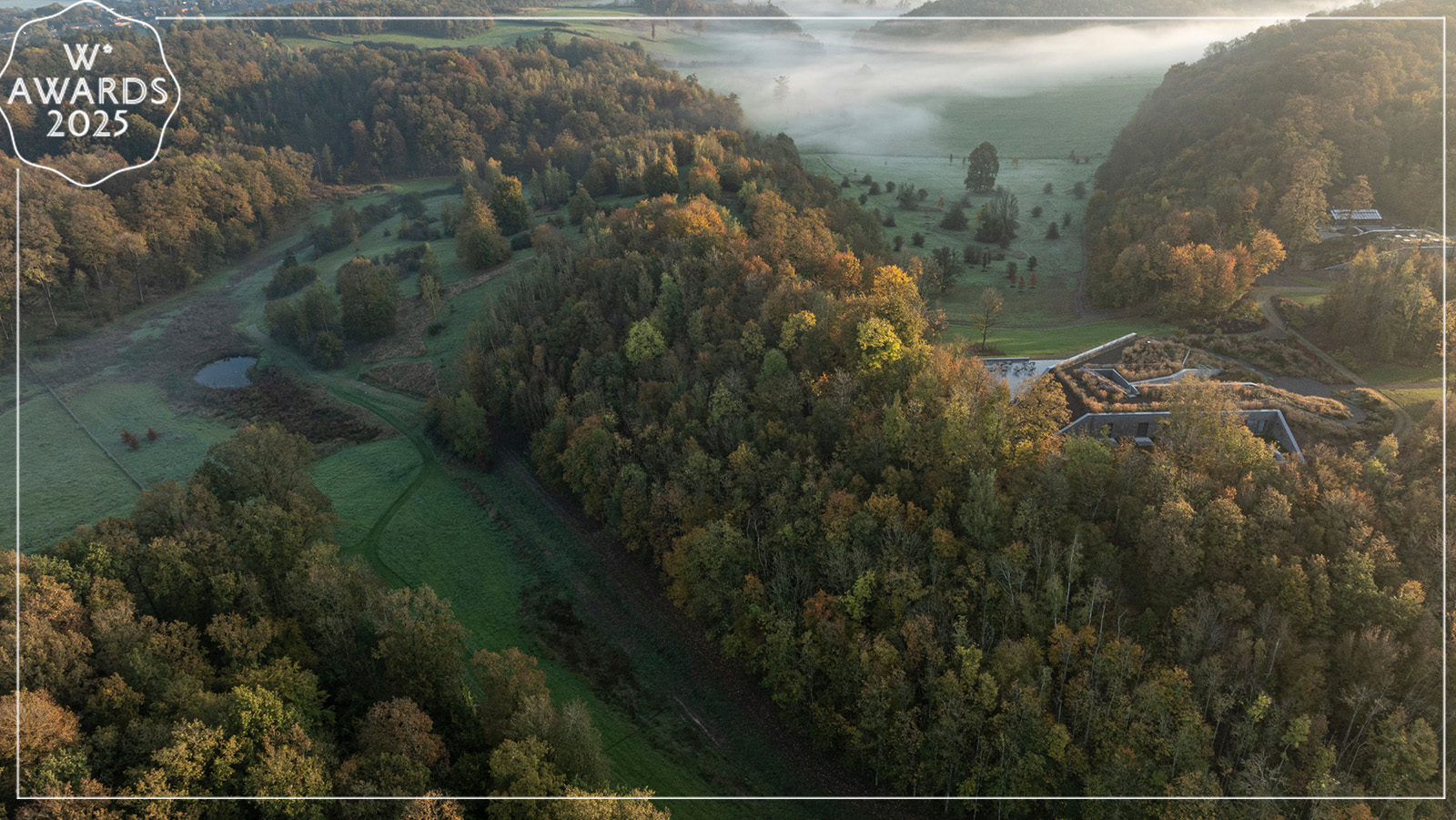 Wallpaper* Design Awards 2025: celebrating architectural projects that restore, rebalance and renew
Wallpaper* Design Awards 2025: celebrating architectural projects that restore, rebalance and renewAs we welcome 2025, the Wallpaper* Architecture Awards look back, and to the future, on how our attitudes change; and celebrate how nature, wellbeing and sustainability take centre stage